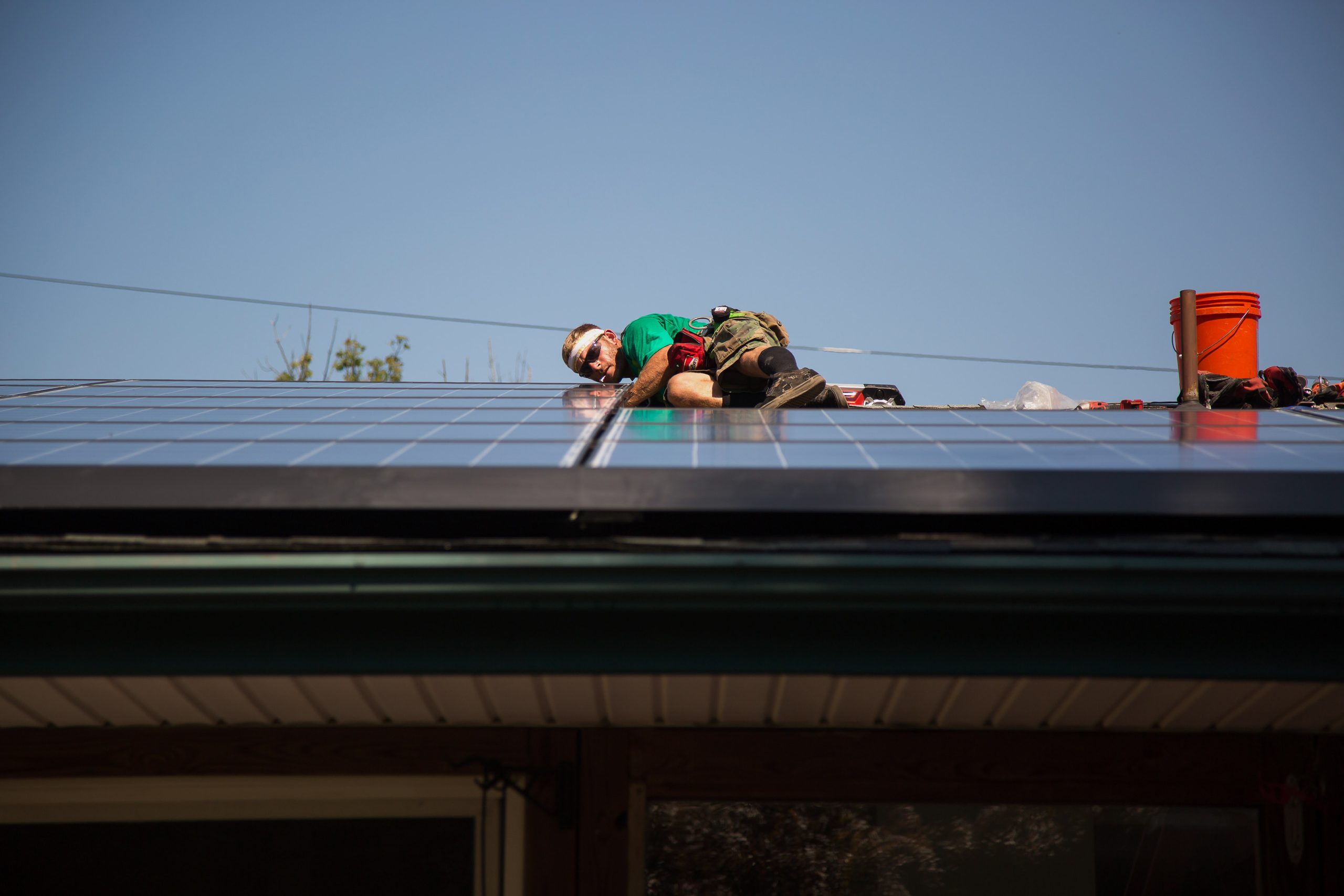Back in 2016, Tesla acquired solar panel manufacturer SolarCity, billing the $2.6 billion deal as an opportunity to create "the world's only vertically integrated sustainable energy company." From a SolarCity solar panel to a Tesla battery, the company promised, the in-house supply chain would scale up clean energy for all and provide cost synergies to the businesses and shareholders.
But SolarCity, of which Tesla CEO Elon Musk was chairman, was deeply in debt at the time. Now, newly unsealed documents in an investor lawsuit say the situation was far worse than that. They allege that SolarCity wasn't just carrying a heavy debt load: it was completely insolvent.
The upshot of reams of law surrounding mergers and acquisitions is that C-suite executives and company boards of directors are supposed to make sure shareholders get the most money possible out of their investment. If they're going to sell the company, they have to make sure they're accepting the most valuable reasonable offer. Companies doing the acquiring, meanwhile, are supposed to do their homework to make sure they're not wasting their resources on a bad deal—and Tesla shareholders say the SolarCity acquisition was exactly that.
"Almost immediately after the acquisition closed, SolarCity's auditors [Ernst & Young] confirmed that SolarCity was, in fact, insolvent," attorneys for the investors argue in their latest filing (PDF). E&Y's year-end audit, conducted in January 2017, determined that SolarCity did not have sufficient cash to meet its obligations and could not operate on its own as a going concern.
SolarCity only continued to function because of SpaceX money, the suit alleges:
As SpaceX's chairman, CEO, CTO, and majority stockholder, Musk caused SpaceX to purchase $90 million in SolarCity bonds in March 2015, $75 million in June 2015, and another $90 million in March 2016. These bond purchases violated SpaceX's own internal policy, and SolarCity was the only public company in which SpaceX made any investments.


